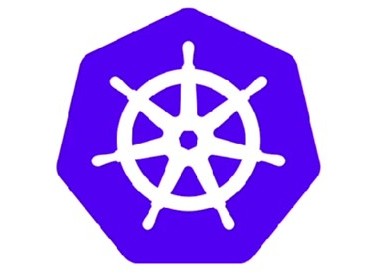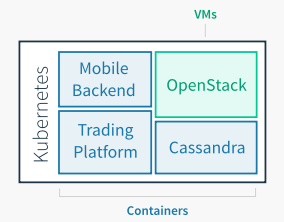Stressing Collaboration, OpenStack Deployed Via App Containers

In a bid to bring Google-like cloud infrastructure to the enterprise, application container specialist CoreOS is rolling out a tool for managing OpenStack deployments based on its technology stack for deploying containers based on the Kubernetes cluster manager.
The CoreOS tool dubbed Stackanetes unveiled at this week's OpenStack Summit in Austin, Texas, leverages Google's cluster orchestration technology to deploy and manage OpenStack as an application via Linux containers. The initiative also aims to streamline deployment and management of OpenStack as the cloud platform makes a gradual transition from large users to the enterprise.
With OpenStack deployment gaining traction among Fortune 100 companies, the platform's growing ecosystem that includes aggressive container startups like CoreOS are turning their attention to mid-sized enterprises with the promise of delivering infrastructure that approaches hyper-scalers like Google.
Along with management and "self-healing" capabilities as well as easier upgrades, CoreOS CEO Alex Polvi said in an interview the approach could help make Google Infrastructure For Everyone Else, or GIFEE, a reality.
"Stackanetes is our first big stride in bringing GIFEE to the OpenStack community," asserted Polvi, an early OpenStack contributor.
GIFFE is defined as a hyper-scale, application-focused style of managing infrastructure that targets distributed systems along with security and 24/7 availability.
The new OpenStack deployment tool runs on Tectonic, the CoreOS technology stack for deploying containers in production that is built on the Kubernetes. The company said Stackanetes running on Tectonic would help ease management of OpenStack services by running it as an application that can be managed and upgraded.
Last month, San Francisco-based CoreOS announced plans to deliver OpenStack as an application running on its distribution of Kubernetes. A survey released earlier this month by the OpenStack Foundation found that application containers running on the cloud platform generated the most buzz among users. Kubernetes was the leading container and platform-as-a-service for managing OpenStack applications, ahead of CloudFoundry, OpenShift and Apache Mesos (in that order).
The new CoreOS tool was demonstrated during this week's OpenStack Summit, including the creation of a new hypervisor in a cluster and the booting a virtual machine on a cluster. Polvi also demonstrated "self-healing" capabilities that included deleting and rescheduling OpenStack components.
These "rolling upgrades" to an OpenStack cluster and other concepts can be applied to "all components in the control plane," Polvi claimed. He added that CoreOS is working with the OpenStack community on how to leverage the new tool.
The CoreOS approach mirrors Google's container management architecture while adding OpenStack as an application packaged in a container and managed by Tectonic. With the addition of other components like the Cassandra open source database management system, CoreOS said it hopes to drive GIFEE deeper into enterprises as they shift to hybrid cloud infrastructure.

The CoreOS approach to delivering OpenStack in an application container. (Source: CoreOS)
Craig McLuckie, Google's group product manager and the engineer behind Google Compute Engine and Kubernetes, endorsed Stackanetes as a vehicle for bringing scalable cloud native applications and a cloud-based management framework to OpenStack.
OpenStack proponents also point to this expanding collaboration as a key step in leveraging the cloud platform as a standard for on-premise private clouds as enterprises embrace hybrid cloud approaches. "It's going to be OpenStack and other technologies," stressed Mark Collier, chief operating officer of the OpenStack Foundation. "We [need] to think about the points of integration."
Related
George Leopold has written about science and technology for more than 30 years, focusing on electronics and aerospace technology. He previously served as executive editor of Electronic Engineering Times. Leopold is the author of "Calculated Risk: The Supersonic Life and Times of Gus Grissom" (Purdue University Press, 2016).











